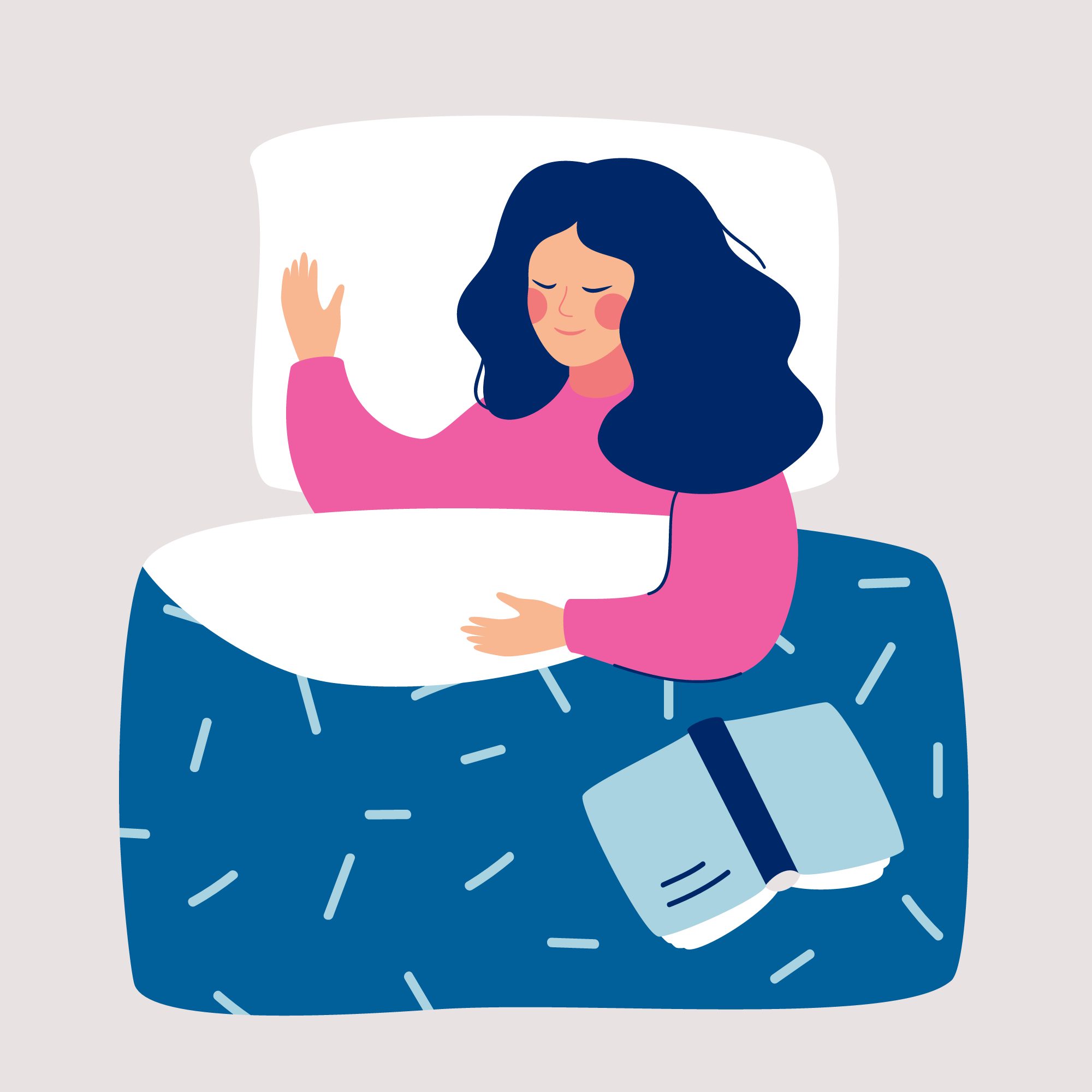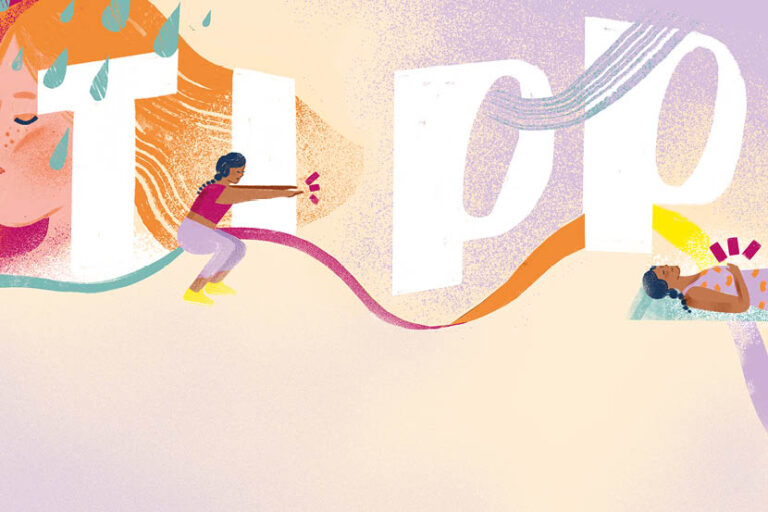
When was the last time you were lulled into the land of slumber with a tale of bliss and whimsy?
When you hear the words “bedtime story”, the first image that comes to mind is probably one of a parent reading their child a book to settle them to sleep. The young one is gently soothed by the softly spoken tale and, if all goes to plan, is nodding off by the last page. It’s a time-old technique – but bedtime stories aren’t just for kids. It turns out adults benefit too.
In recent years, the phenomenon of sleep stories geared at adults has taken off. Meditation app Calm launched their initial range of stories in 2016, and now have an extensive catalogue of stories to soothe us into a land of slumber. The brain behind many of these stories is Chris Advansun, Head of Sleep Stories at Calm. Having originally studied screenwriting, Chris was used to composing narratives that gripped the attention of his audience from beginning to end, keeping them up late desperate to know what unfolds. These days, the goal of his writing is quite the opposite – if someone falls asleep while listening to one of his stories, Chris has done his job well.
A study conducted by the Sleep Health Foundation in 2019 revealed that 60 percent of Australians struggle to sleep well at night. Kept awake by a cacophony of internal thoughts flowing through our brains, the distraction of a device, or anxiety about the day past or ahead, the feeling of inquietude is one experienced by many. ‘The battle to get a good night’s sleep is something we all go through,’ says Chris. ‘We are all so busy during the day with work, life, family, commitments … It can be hard for us to unwind and shut down our mind when we are trying to fall asleep.’
This is where sleep stories come in. Such tales are specifically written to transport people away from those ruminating thoughts and gently guide them to sleep, typically with ‘a whimsical story that relaxes and soothes the listener’. Rich in descriptive imagery, sleep stories often focus on beautiful, natural settings to evoke a sense of wonder.
They are completely unlike conventional stories, where there are major conflicts and complications. ‘Sleep stories are different,’ explains Chris. ‘They are narrative-based, but instead of building up tension and stakes, the idea is to unwind. The character’s experience becomes more lovely, more beautiful, and calmer as the story unfolds. There’s no conflict to speak of, and there are really no obstacles.’ If all goes to plan, the listener shouldn’t even make it to the end.
For a successful sleep story to work, the narrative is only half the equation. The other key element is the delivery; it’s the narrator that sends the listener snoozing. ‘The delivery is crucial,’ says Chris. ‘It needs to be slow, melodic, and soothing, almost like a literary lullaby. Even the most soothing story wouldn’t work if the voice weren’t right.’
As someone who’s usually partial to a slumber soundtrack of rain sounds, I figured I had to try out a sleep story for myself. So, one particularly restless night, I perused Calm’s collection, landing on one narrated by Harry Styles (who doesn’t want to be told a bedtime story by Harry?). I pressed play and settled in, naïvely expecting that the narrative would actually keep me awake. Despite my dubiousness, I was out before the 40-minute story had even reached the halfway mark. I’ve listened several more times since then, each with the same result – I still don’t know how it ends.
My experience is echoed by the myriad people who use sleep stories to soothe them to slumber. Calm was downloaded 100 million times in 2020 – double the amount of the year before. A reflection of the chaos that filled the world that year; when stress goes up, so does sleeplessness. ‘We get stuck in a cycle of thinking about stressful events, about conversations we’ve had or will have, or other stressors that make falling asleep difficult. The idea of sleep stories is if you become relaxed and focused on listening, your brain can and will slow down. These stories give listeners something to hold their attention in a peaceful way, distracting the mind and lulling them to sleep,’ says Chris.
Inadequate sleep can lead to lack of concentration, poor mental health, and even burnout. The average adult needs between seven to nine hours of sleep a day – and if the stats are anything to go by, most of us could benefit from catching a few more Zs. So the next time you’re struggling to sleep, and counting sheep just doesn’t work, see if a story sends you to slumber. Here’s hoping you wake up well-rested, refreshed, and ready to tackle the day ahead.
This is not intended as medical advice. If you have any concerns about your sleep patterns, consult your GP or healthcare professional.


















